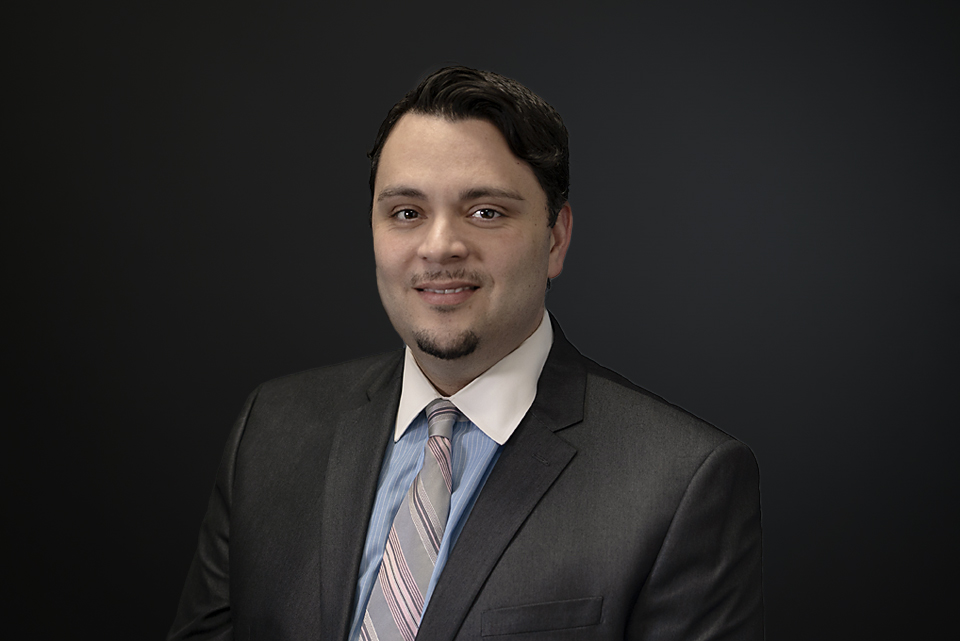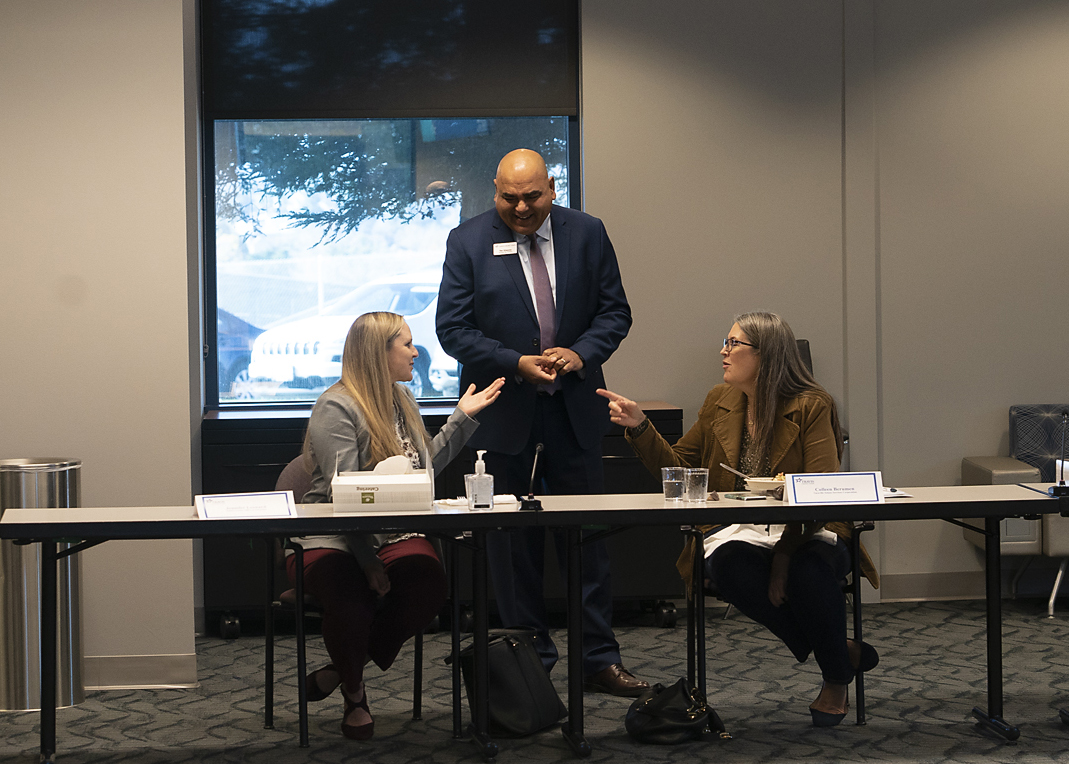Travis Credit Union ($4.7B, Vacaville, CA) hosted its first Financial Inclusion Forums, beginning in late 2021 and continuing into this year, to address a range of issues around inclusion. The credit union intends to use these events to help it better meet its goal of providing access to affordable financial services for unbanked consumers in its market.
The events took place in December and January, with one forum in each of the five different counties where Travis has a presence. Each forum includes executives from the credit union along with leaders from various communities Travis serves, including Hispanic and Black chambers of commerce, county supervisors, school superintendents, and more.

According to Damian Alarcon, director of community relations, the credit union’s existing network of community partners was a natural starting point for a wide-ranging discussion
“The people who showed up in the room whether they were groups representing a city or minority group all knew us through our community relations team or branches,” Alarcon says. “They came in and chose to trust us that we were going to have an open conversation.”
Although Travis conducts extensive public work with its members and the community including more than 450 events in 2021 and more expected this year the credit union does not host these events for the community at large.
“This is about our leadership listening to community leaders [to determine] what does and doesn’t work as far as finances are concerned and how that effects community development,” Alarcon says. “If we’re going to have an honest conversation where Travis hears feedback about some of the things we could be doing or where we could step into a gap where others are not, that conversation doesn’t happen when people are concerned about an audience.”

According to Alarcon, one of the most common themes organizers heard from participants is that members need to see themselves in the branches. That means the credit unions needs to focus on HR and hiring practices to ensure various racial and ethnic communities are represented. The credit union is turning to local community colleges and just beginning to scratch the surface to identify what building training programs and investing in a talent pipeline would look like.
The credit union has already taken steps to address other needs for underserved consumers, such as its Access Account, a checkless offering that provides users with a debit card and no-fee overdrafts. It considers that product an important solution for students and others in the community. “Unfortunately, many were not aware of the account prior to the forums, Alarcon says; “however, it exemplifies management’s focus on mission and impact rather than revenue.”
“This is a product that doesn’t benefit our bottom line, it benefits the community,” Alarcon says. “As a CDFI, we want to keep money in members’ hands.”
The forums also helped drive interest in Travis’s free income tax service, which has helped build trust with consumers who were leery of traditional FIs.
“There are individuals, especially in underserved communities, that have gone through a bad experience with another financial institution and that’s why they go to a check cashing establishment,” Alarcon says. “It’s in and out and they are not judged there. We must build trust with them and programs like free tax help do that.”
Removing Barriers
Although the forums are new, financial inclusion efforts at Travis are not. Management and the board of directors formed a Hispanic Advisory Committee more than a decade ago and more recently have partnered with Coopera to help find insights on where community needs are growing the fastest.
With an eye toward removing barriers and providing easier access to inclusive products, Travis is planning to offer Spanish-language webinars on mobile and online banking as well as Spanish financial education webinars. Those sorts of needs weren’t visible until the forums helped identify them.
“We didn’t realize until our membership told us that these are needed to help people, especially in rural areas, understand how to access our services digitally,” Alarcon says.
Planning For Future Forums
Travis has a community charter with a broad field of membership, but Alarcon says credit unions of all stripes can use similar strategies in their own steps toward financial inclusion.
“Whatever you’re trying to achieve from the point of people helping people, trust is the first thing you have to build,” he advises. “How we measured success this time was making sure the different voices like military veterans, Black chambers, Hispanic chambers, county offices of education, and elected officials were represented in that room. That was the first part of success for us: who showed up and who wanted to have that conversation.”
“Institutions with more defined fields of membership can be just as effective,” he adds.
“If you’re built on a specific SEG or a specific community, start with your community,” Alarcon says. “It is valuable for leadership to have a good listening session with those community members.”
Alarcon calls the forums an evolution of all the credit union’s programs and research aimed at solving the problem of financial inclusion. And it’s a symbiotic relationship among all the participants, not just teachers or elected officials or community leaders.
“We’re putting them all in one room,” Alarcon says. “We’ve been committed to financial inclusion for a long time, but this is an evolution of that.”
As the forums develop into a series of annual events, Alarcon says the goal is to be even more inclusive, adding nonprofits, elected officials, local housing authorities, and more. The team is also considering gaps from the first round of forums and trying to determine groups it missed the first time, such as representatives from the disabled community, so they have a presence at future forums. Organizers also are consulting with participants to help determine additional gaps.
Aaron Passman contributed to this report.